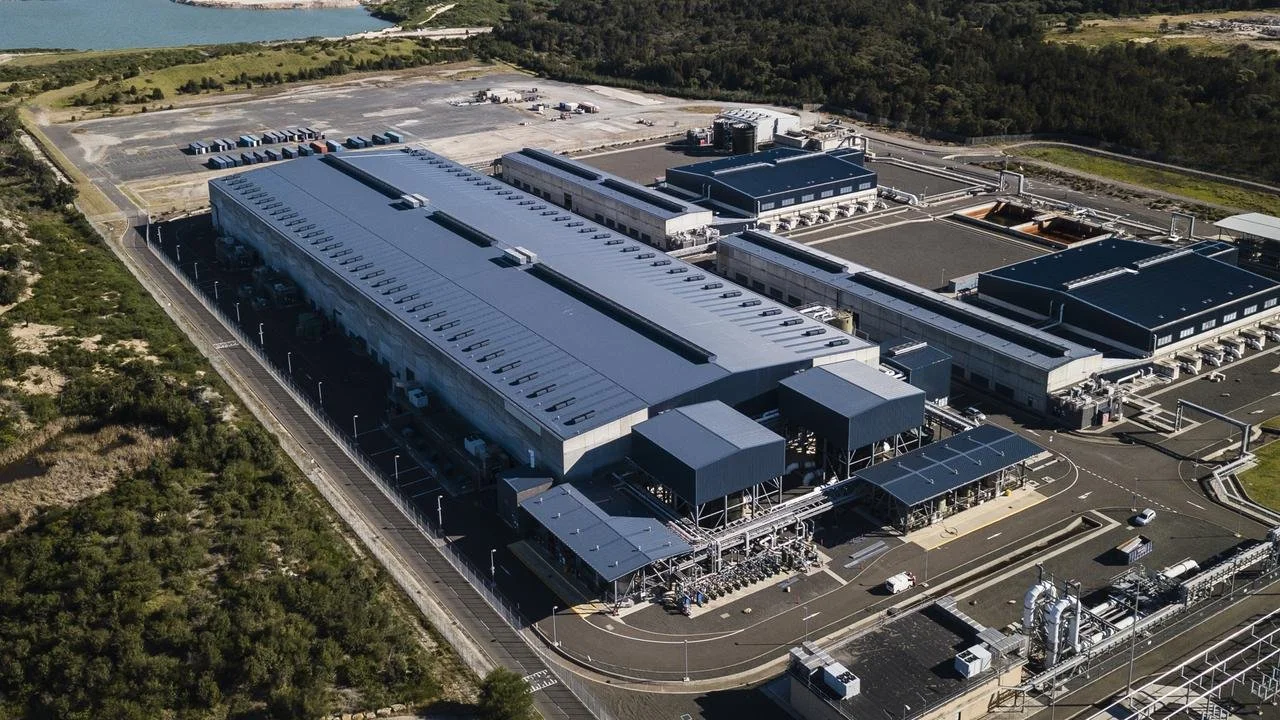Sphere Insights : Lessons from the water sector
Australia’s response to the Millennium Drought prompted a fundamental shift in how water is valued and managed. In the face of growing water insecurity and climate variability, coordinated efforts across governments, industry, and communities led to infrastructure investment, changes in water use behaviour, and a range of policy and regulatory reforms. These actions contributed to a more resilient and adaptable water system, better equipped to respond to future pressures.
Key takeaways
Early investment and innovation reduce long-term environmental and economic risks
System-wide behavioural change and community engagement are essential for lasting impact
Coordinated policies across government and industry drive more resilient, efficient systems
Today, the waste sector faces a comparable set of challenges. Landfill capacity is declining, material consumption is rising, and policy frameworks are evolving to prioritise recovery, reuse, and circular economy outcomes. These developments highlight the need for more integrated and forward-looking approaches to waste management. While the contexts differ, several of the principles that supported reform in the water sector such as early intervention, policy alignment, infrastructure planning, and system-wide behavioural change may also be relevant in shaping the next phase of waste sector development.
Invest in diversified infrastructure
The transformation of the water sector was supported by investment in a broad range of supply technologies. Infrastructure such as desalination plants, large-scale water recycling schemes, and stormwater harvesting reduced reliance on traditional sources and increased resilience to rainfall variability. While initially expensive, these investments will, over the medium to longer term, provide much needed system resilience and ultimately be less costly than the impacts of systemic water supply shortages.
Likewise, the waste sector can reduce its dependence on landfill by expanding investment in a range of alternative infrastructure, including material recovery facilities, organics processing facilities, energy from waste facilities, and advanced recycling technologies. These investments not only extend the life of existing landfill sites, but also unlock higher-value uses for materials. Proactive investment today can help mitigate the future economic and environmental costs of capacity constraints.
Enable behavioural change and engage the community
Achieving meaningful reductions in waste generation will require a sustained focus on enabling behavioural change and building community-wide engagement. The experience of the Millennium Drought offers valuable lessons. Water conservation was supported by more than just policy and enforcement, it also involved framing sector-specific challenges as requiring community engagement and shared responsibility. By valuing the efforts of individuals and communities, and fostering a sense of collective purpose, authorities were able to embed behavioural shifts in how water was used and valued.
A similar approach is required in the waste sector. While regulation and incentives play a role, shaping public attitudes and everyday practices through consistent, visible and inclusive engagement will support in achieving system-wide behaviour change. Awareness campaigns, when done effectively, can reframe the narrative around consumption and disposal, promoting reduction, resume and repairs as the norm rather than the exception.
Encouraging households to sort waste correctly, limit contamination, and avoid unnecessary packaging requires more than information; it calls for a clear understanding of why individual actions matter. The same applies to businesses and the private sector, which must be supported to rethink design and production choices. Creating space for dialogue and reinforcing positive behaviours across all areas of society is important to foster the cultural shift required to address challenges faced in the waste sector.
Align policy across jurisdictions
During the Millennium Drought, efforts to align policy and regulatory settings across jurisdictions contributed to the effectiveness of Australia’s water management response. While levels of coordination varied, alignment between federal,state and local governments helped reduce fragmentation and supported greater consistency in planning and implementation. This cross-jurisdictional cooperation enabled the efficient use of resources and contributed to improved outcomes in many regions.
Sydney Desalination Plant
The waste sector could similarly benefit from greater consistency in national policy settings and pricing signals. Mechanisms such as landfill levies that reflect the true cost of disposal, recycled content targets, and incentives for circular product design can help drive more sustainable outcomes.
However, regulatory fragmentation across states and territories continues to undermine investment confidence and inhibit innovation, particularly where differences in levies affect project economics or where approval pathways vary significantly. A more consistent national approach to regulation and pricing would provide industry with the clarity and confidence needed to plan, invest, and scale new solutions.
Applying these lessons
The Millennium Drought marked a turning point in how Australia manages water, demonstrating the importance of early action, public engagement, and coordinated policy across all levels of government. Today, the waste sector faces a similarly complex challenge, one that presents significant risks, but also an opportunity to build a more resilient and resource-efficient system.
By applying the lessons learned from the water sector, particularly in early intervention, community involvement, aligned incentives, and cohesive policy, Australia can shift from reactive waste management to a system that delivers enduring environmental and economic benefits. The challenge is both technical and cultural, and as with water reform, it is strong leadership and a shared sense of purpose that will ultimately shape the outcome.



